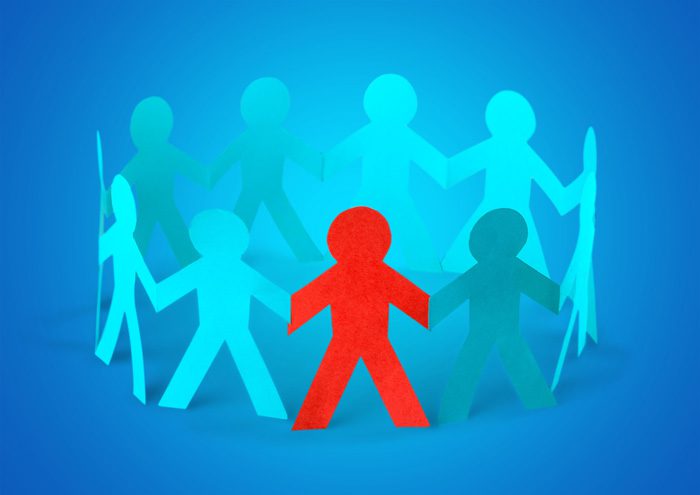 There is a fine line between supporting a family member who suffers from addiction and enabling their destructive behaviors.
There is a fine line between supporting a family member who suffers from addiction and enabling their destructive behaviors.
It is overwhelmingly difficult to differentiate helping and enabling, especially when you’re in the midst of the insanity. Addiction is like a whirlwind of lies, deception, endless worry, and desperate pleas. But there is hope, in the form of lifesaving treatment at an accredited facility. Most centers offer family programming as well, to educate the family about addiction, setting boundaries, and how to best help a loved one in recovery.
Boundaries are key.
A family member who enables a loved one is letting that person have free reign over their lives, finances, and homes. They give the person money whenever they ask, no questions asked; they let them continue to use substances in the home; they cover for their loved one when that person needs to miss work or other functions because they are drunk, high, or hungover. The first step to stop enabling a loved one is to set boundaries and stick to them. Boundaries protect the person trying to help, and they motivate the addicted person to seek treatment.
A licensed counselor can provide guidance for the entire family unit and can help determine what types of boundaries need to be established. Al-Anon is another avenue for learning about and getting help setting boundaries. Al-Anon is an anonymous support group of people who are struggling with an addicted loved one. It is a solution-based program and extremely effective in supporting a family member in their addiction.
Let go of an attempt to control outcomes.
As much as it hurts to see a loved one self-destruct, no one can force anyone else to get better. Avoid yelling at or belittling the person; addiction is a disease, and brute force will not bring healing. Supporting a family member in their addiction does not mean making them feel worse than they already do. This rarely yields any kind of positive results. Offer kindness, resources, and clear, firm boundaries.
Self-care is crucial.
Addiction is a family disease. Everyone around the person with the addiction suffers. Trying to help someone with an addiction can feel exhausting, and even though it may seem counter-intuitive, the best thing you can do is take care of yourself. Seek counseling. Stick to your boundaries so that you have time to yourself and peaceful moments amid the chaos.
Get the help and support you need if you have a loved one struggling with addiction. We have admissions professionals standing by; contact us today.
